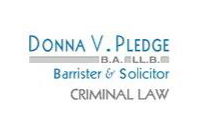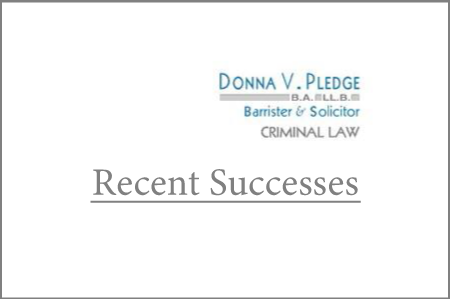Possession for the Purpose of Trafficking in Canada
In Canada, possession for the purpose of Trafficking is governed under the Controlled Drugs and Substances Act. A conviction of possession for the purpose of trafficking Canada typically involves one of three elements:
- You have the drug on your person.
- You knowingly have the drug in possession or custody of another individual.
- It could also be in any place that is owned or occupied by you.
The last element involves more than one person. Two or more people may possess the drug, but may not be in physical possession. Another person may be physical possession of the drug.
Penalties for Possession for the Purpose of Trafficking in Canada
The specific penalties associated with possession for the purpose of trafficking Canada depends on the drug involved. Each drug falls into a category according to the serious effect of the drug. For instance, Schedule I drugs are considered hard drugs. They include addictive drugs such as morphine, oxycodone, cocaine and heroin. Other drug schedules are as follows:
- Schedule II includes drugs like Cannabis and synthetic preparations.
- Schedule III includes methamphetamine and LSD.
- Schedule IV consists of popular pharmaceuticals like diazepam, anabolic steroids and benzodiazepine.
- Schedule V consists of Propylhexedrine.
- Schedule VI is separated into three parts and includes the base drugs used to make more lethal drugs like cocaine.
Your possible jail or prison sentence depends which schedule the drug you are found to be in possession of falls into. However, the minimum sentence where applicable, starts at six months in jail. For example, the penalties for possession in for Schedule I drugs can range from six months in jail to seven years in prison.
Penalties for Trafficking
Trafficking under Ontario law is defined as to:
- Administer.
- Sell.
- Transfer.
- Send.
- Deliver the drug.
- Sell an authorization to obtain the drug.
- Transport.
- Offer to do any of the above.
No money is required to change hands when it comes to the trafficking portion of the law. Penalties include a maximum limit. Sentences are based on the drug classified in the Schedules above. For instance, you may receive up to 25 years in prison for a trafficking conviction of Schedule I and/or II drug.
A trafficking conviction for a Schedule III drug is anywhere from 18 months in jail to 10 years in prison. You may spend one year in jail to three years in prison for a Schedule IV trafficking conviction.
An Ontario Lawyer Can Help You Fight the Possession for the Purpose of Trafficking Charge
The key to a successful outcome in this type of criminal case is to have a highly knowledgeable criminal defence lawyer on your side. To learn more about how a lawyer will help you fight and resolve a drug trafficking and/ or possession charge, contact us today.





